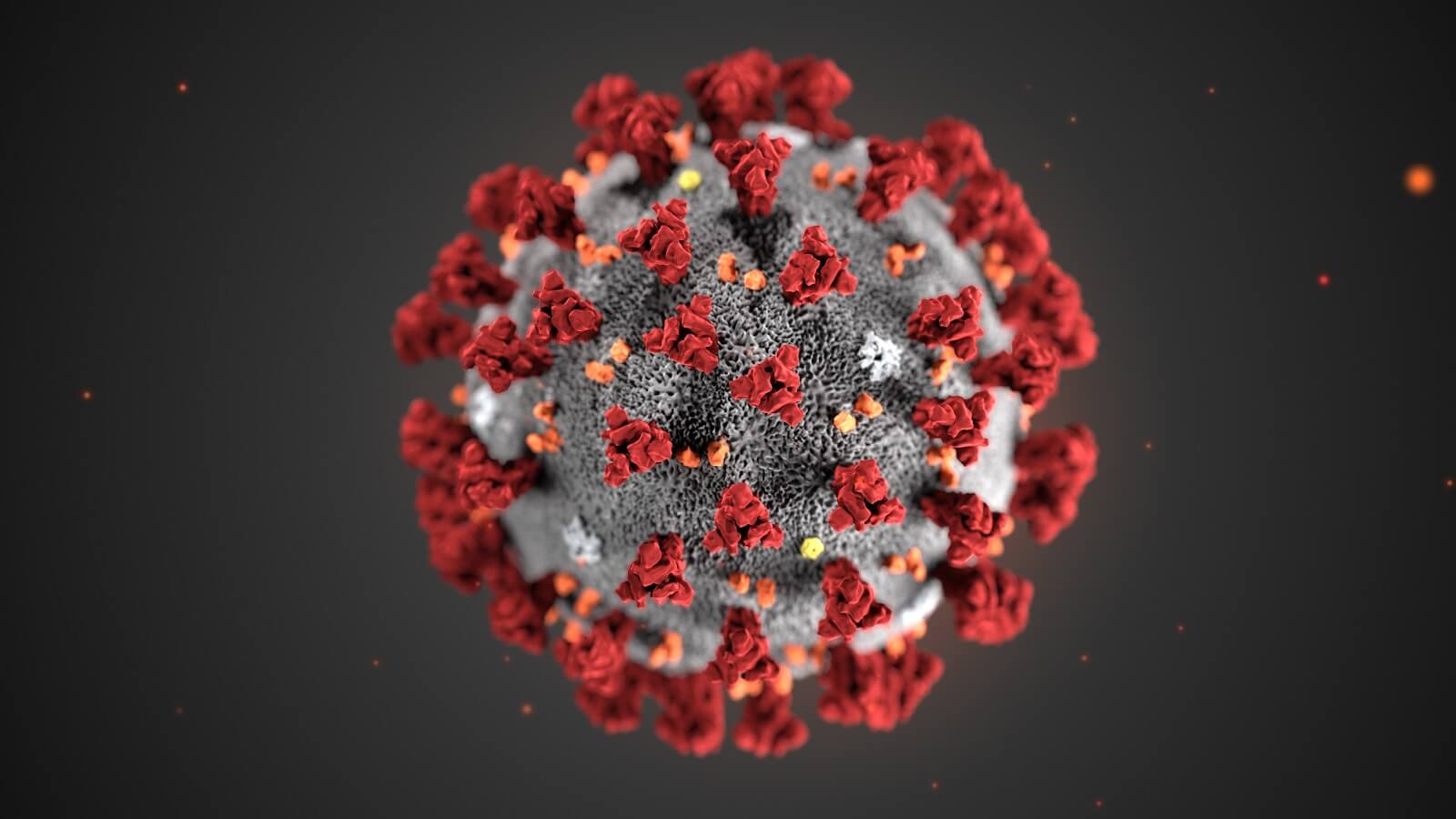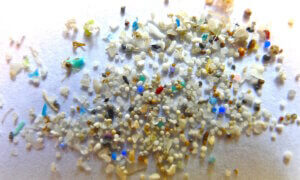Want to help stop the coronavirus?
Well, first off, wash your hands often and avoid crowded spaces.
Then, if you really want to make an impact, Stanford University’s Folding@home project can really use your help.
The Folding@home is a distributed computing project that networks computers together and an initiative dating back decades.
The initiative uses the processing power of volunteer computers to simulate protein folding, an essential step in determining cure for diseases like coronavirus, Alzheimer’s, and even some types of cancer.
How does this work?
In essence, you just lend your computing power to the researchers. You first download the FAH software, then you let it take advantage of the unused processing resources in your computer to contribute to the Folding@home efforts.
“2019-nCoV is a close cousin to SARS coronavirus (SARS-CoV), and acts in a similar way.
For both coronaviruses, the first step of infection occurs in the lungs, when a protein on the surface of the virus binds to a receptor protein on a lung cell.
This viral protein is called the spike protein, depicted in red in the image below, and the receptor is known as ACE2.
A therapeutic antibody is a type of protein that can block the viral protein from binding to its receptor, therefore preventing the virus from infecting the lung cell.
A therapeutic antibody has already been developed for SARS-CoV, but to develop therapeutic antibodies or small molecules for 2019-nCoV, scientists need to better understand the structure of the viral spike protein and how it binds to the human ACE2 receptor required for viral entry into human cells,” explained the scientists in their appeal.
The appeal, posted on FAH’s blog, continues to say that “a research team at Memorial Sloan Kettering is working to advance our understanding of the structures of potential drug targets for 2019-nCoV that could aid in the design of new therapies”.
Want to contribute? Open up your PC or laptop, visit this link and run the FAH software – your unused processing power can help scientists progress in their research and you can add virtual volunteering to your 2020 achievements.
Follow TechTheLead on Google News to get the news first.

























